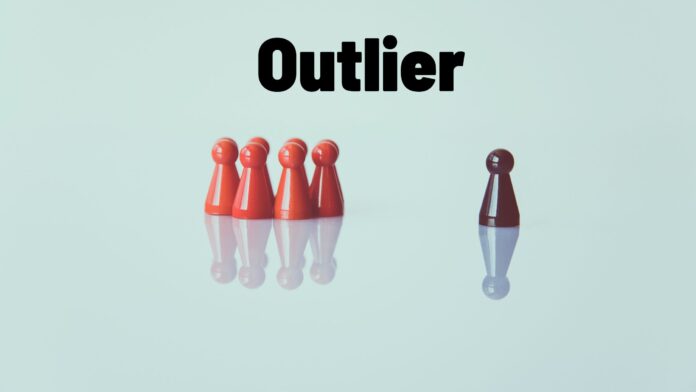In chapter eight of the Outliers: The Story of Success, author Malcolm Gladwell indicated why Asians are so good at math through their cultural legacy of rice farming, and like many Asians, I assume, was probably intrigued that a Caucasian author took time to investigate this “stereotype” but unlike many Asians, I was not very good at math (or at least that was how my first-grade teacher perceived me). As maintained by Mr. Gladwell, building a rice patty demands being skillfully smart with intricate techniques and endless persistence through painstaking work during spring, summer, fall, winter, and repeat. Though what drives them to rise before dawn and stay motivated all year round? The meaningful reward certainly does, for Asian farmers know the effort they put into their rice field weighs the same amount as their yields. Yet if they autonomously work harder, the outcome becomes greater. Influenced by the same effort-reward mindset in math, along with their Chinese language advantages, “they can hold more numbers in their heads and do calculations faster…[which] makes them a little more likely to enjoy math…[and] they will try a little harder…and are more willing to do their homework, and on and on, in a kind of virtuous circle” (Gladwell 313). However, having grown up in that Chinese school system for six years—I have not felt that way ever since I met Mrs. Wang during the first couple of weeks of first grade.
Growing up, I was the kind of person who needed some time to comprehend an idea that was being thrown at me before fully grasping it. Conversely, with math, it was a sink-or-swim approach and something that would require you to finish a row of thirty calculation problems in under a minute. At first, I remember strongly liking the subject since it was filled with apples and pears used for illustrations of counting. Then when we quickly moved on to fast-paced quizzes, the atmosphere around me changed, and I couldn’t catch up. When the graded quiz came back with an overwhelming amount of red marks, I got so discouraged that I remembered thinking maybe math just isn’t my thing. As time progressed, that sense of reward lurking around from the beginning started to fade significantly, especially after I received Mrs. Wang’s wrath alone in her office left me numb and heartbroken. That was it, the damage was done, and it left a permanent scar around the questions of my math capability. Yet the privilege of knowing how to count faster with yi er san si wu liu qi ba jiu shi doesn’t matter anymore, my cherished passion was long gone, and dedication couldn’t be built upon nothing.
Now in retrospect, if only there were a slower pace and a calmer, less-pressure atmosphere, it could potentially grant me more time to sit and digest, and the once-in-a-lifetime outcome would be much different. I was an outlier of my culture’s advantage since “the clear relationship between effort and reward” (Gladwell 307) wasn’t the most vital importance to success. Rather, it is based on the devoted preservation of my passion from the start.
–Lehan Zhang
Write and Win: Participate in Creative writing Contest & International Essay Contest and win fabulous prizes.
















